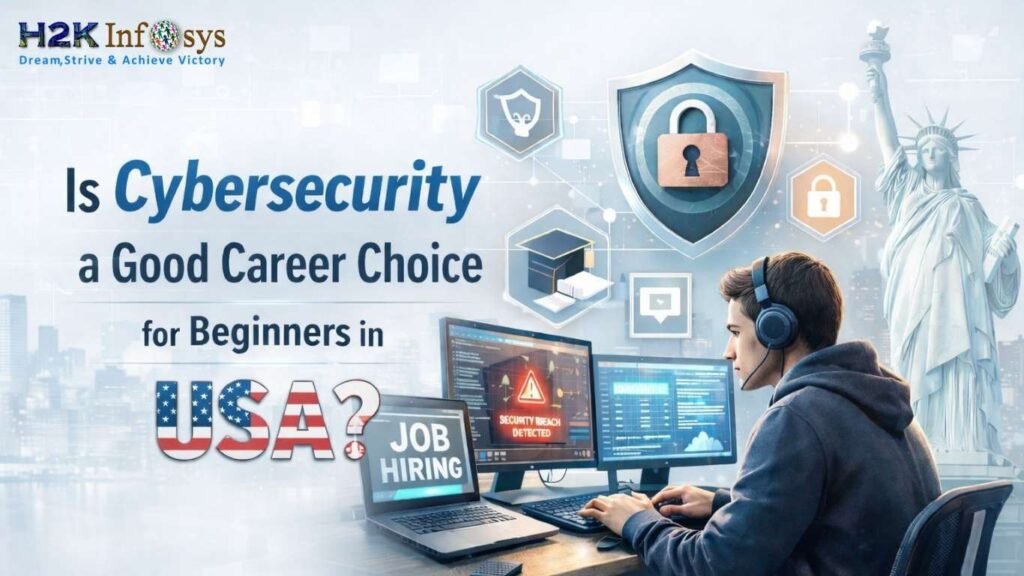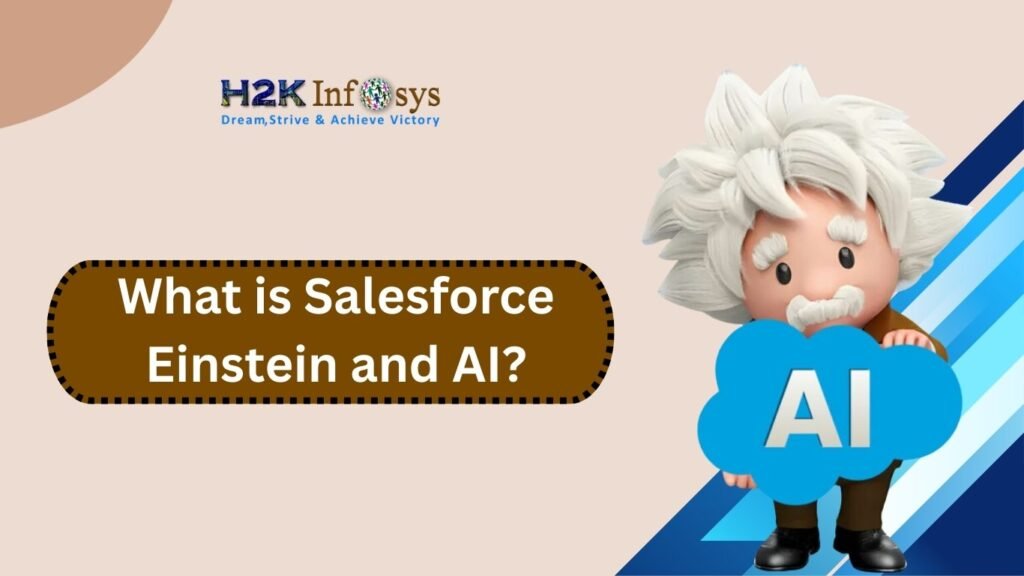Introduction: Why AWS Services and Global Infrastructure Matter for DevSecOps Careers
In the world of cloud computing, AWS services and global infrastructure stand out as the cornerstone of digital transformation for many organizations across the globe. Amazon Web Services (AWS) offers an extensive range of services, each designed to address specific needs in the world of cloud computing, including storage, computing power, networking, and security. As businesses grow and rely more heavily on cloud technologies, AWS is leading the charge in ensuring scalability, reliability, and security in an increasingly complex landscape.
For professionals aspiring to break into the world of DevSecOps (Development, Security, and Operations), understanding the integration of AWS services with global infrastructure is not only valuable, it is imperative. With organizations demanding faster delivery cycles, secure applications, and more efficient infrastructures, mastering AWS services provides a huge competitive edge.
This blog will delve into AWS’s global infrastructure, highlight key services that form the backbone of a secure cloud environment, and discuss the pathway to gaining DevSecOps certification to master the tools that power modern cloud-based security.

What Are AWS Services and Global Infrastructure?
Amazon Web Services (AWS) is the cloud services arm of Amazon, offering businesses scalable and reliable cloud computing resources. Its suite of services spans everything from compute power, storage solutions, and databases to machine learning and internet of things (IoT) tools. AWS’s extensive global infrastructure ensures that organizations benefit from minimal latency and high availability, key components that businesses need to operate at scale.
- AWS Services
AWS provides an extensive range of services designed to handle all aspects of cloud computing. These services can be broken down into several core categories:- Compute: Services like Amazon EC2, AWS Lambda, and Elastic Beanstalk provide organizations with scalable compute resources.
- Storage: AWS offers highly durable and scalable storage solutions such as Amazon S3, EBS, and Glacier for data archiving.
- Databases: From managed relational databases (Amazon RDS) to NoSQL solutions (DynamoDB), AWS provides a range of database management systems.
- Networking: The AWS VPC (Virtual Private Cloud) allows businesses to create isolated networks within the AWS cloud for enhanced security.
- Security: Services like AWS IAM, AWS KMS, and AWS WAF (Web Application Firewall) help secure applications running on AWS.
- AWS Global Infrastructure
AWS’s global infrastructure consists of regions and availability zones, designed to provide both high availability and fault tolerance. A region is a geographical area that contains multiple availability zones (data centers). These zones are interconnected with low-latency links, ensuring that even if one zone goes down, the system remains operational across other zones within the region. This setup allows AWS to provide highly available and resilient applications for businesses worldwide.
How AWS Services Integrate into DevSecOps
DevSecOps is a development approach that integrates security into every phase of the software development lifecycle, blending development, security, and operations into a seamless workflow. AWS services play a critical role in enabling DevSecOps teams to automate security checks, monitor systems, and deploy secure applications efficiently.
1. Automated Security with AWS Tools
A key element of DevSecOps is automation. AWS offers a wide range of tools that automate security practices, helping DevSecOps teams to ensure their applications are secure by default, without compromising speed or flexibility.
- AWS Identity and Access Management (IAM): IAM allows organizations to manage users, permissions, and roles, ensuring that only authorized users have access to specific resources. Security is automated at the user level, ensuring that DevSecOps practices around least privilege access are followed.
- AWS KMS (Key Management Service): This service automates encryption of data at rest and in transit, ensuring that sensitive information is protected across the entire infrastructure. Security policies and best practices can be automated to keep data secure with minimal manual intervention.
- AWS CloudTrail: For security auditing and logging, CloudTrail enables teams to log every API call, helping to ensure that suspicious activities can be detected and responded to in real-time.
2. CI/CD Integration
AWS is widely used to power CI/CD (Continuous Integration and Continuous Delivery) pipelines in the DevSecOps world. DevSecOps relies on continuous testing, continuous monitoring, and automated security scanning to ensure applications meet security standards from day one.
- AWS CodePipeline: A fully managed CI/CD service, CodePipeline automates the build, test, and deployment process. Security tests can be integrated into each stage of the pipeline, enabling teams to automatically detect vulnerabilities.
- AWS CodeBuild: This service automates the process of building and testing code. Automated security testing, such as static code analysis or penetration testing, can be incorporated into CodeBuild to ensure that code is secure before deployment.
- AWS CodeDeploy: With this service, DevSecOps teams can automate the deployment of applications while ensuring that each release adheres to security standards.
3. Security and Compliance Automation
AWS offers several tools that help teams manage compliance and security across their environments:
- AWS Config: This service allows teams to continuously monitor and track resource configurations. It can automatically alert teams when resources deviate from security best practices, ensuring compliance in real-time.
- AWS Security Hub: Security Hub centralizes security findings from across AWS services, including GuardDuty, Inspector, and Macie. It helps security teams to monitor threats, prioritize actions, and automate responses to issues identified within their AWS environment.
AWS Services for DevSecOps Professionals
For DevSecOps professionals, gaining proficiency in AWS services and global infrastructure is crucial. Below are some of the AWS services that DevSecOps professionals should master:
1. Amazon EC2 and AWS Lambda
These two services are the backbone of many applications hosted on AWS. EC2 allows businesses to launch virtual servers and scale their workloads according to demand, while AWS Lambda offers serverless compute services that run code without managing servers. Lambda is especially useful for DevSecOps teams as it enables event-driven architecture, which can trigger security checks automatically.
2. AWS S3 for Secure Storage
Amazon S3 is one of the most popular AWS services for object storage. It is used for backup, archiving, and serving static files. For DevSecOps professionals, S3 security is crucial. AWS provides several features like encryption (both in transit and at rest), versioning, and access control policies to secure sensitive data.
3. AWS CloudWatch for Monitoring
Effective monitoring is a key principle of DevSecOps, and AWS CloudWatch makes it easier to collect and track metrics and logs in real time. DevSecOps professionals can use CloudWatch to monitor system performance, security events, and compliance status, enabling rapid responses to incidents.
4. AWS Shield and WAF for Protection
AWS Shield offers protection against DDoS attacks, while AWS WAF (Web Application Firewall) provides security for web applications. For any DevSecOps professional working with AWS, understanding these services is vital, as they provide an extra layer of defense to prevent unauthorized access and mitigate attacks.
AWS DevSecOps Certification Path
To become proficient in securing AWS services and global infrastructure, aspiring professionals should follow a clear DevSecOps certification path. Below are some key certifications that can help DevSecOps professionals elevate their expertise:
1. AWS Certified Solutions Architect – Associate
This entry-level certification provides a foundational understanding of how to design scalable, secure, and cost-efficient systems on AWS.
2. AWS Certified DevOps Engineer – Professional
This advanced certification is ideal for professionals looking to integrate security into the DevOps lifecycle. It covers areas like continuous integration, automation, and infrastructure as code (IaC), with an emphasis on secure deployment pipelines.
3. DevSecOps Training and Certification
After mastering the basics, professionals should focus on DevSecOps-specific certifications. These certifications focus on integrating security into every part of the DevOps pipeline, including secure coding practices, automated security testing, and vulnerability scanning.
4. AWS Certified Security – Specialty
For professionals looking to specialize in AWS security, this certification focuses specifically on securing AWS environments and implementing security best practices across AWS infrastructure.
DevSecOps Interview Questions to Prepare For
As you advance in your DevSecOps training and certification, you will need to prepare for interviews. Below are some common DevSecOps interview questions that revolve around AWS services and global infrastructure:
- What are the security best practices for AWS EC2?
- How does AWS IAM play a role in DevSecOps?
- Can you explain the process of automated security testing in an AWS CI/CD pipeline?
- How do AWS Config and AWS CloudTrail assist in monitoring compliance in a DevSecOps workflow?
- How does AWS Lambda improve security in serverless applications?
- What is AWS Shield, and how does it protect applications from attacks?
Answering these questions requires hands-on experience and a thorough understanding of AWS services and how they integrate into DevSecOps workflows.
Conclusion: Get Started with AWS DevSecOps Training
Mastering AWS services and global infrastructure is an essential step for anyone pursuing a career in DevSecOps. The robust tools offered by AWS, along with its vast global infrastructure, empower professionals to create secure, scalable, and efficient systems. By integrating security into every stage of development, DevSecOps professionals can help organizations automate and secure their cloud environments.
At H2KInfosys, we offer comprehensive DevSecOps training and certification to help you navigate AWS’s services and infrastructure, allowing you to gain the skills necessary to succeed in this high-demand field. Enroll today to enhance your cloud security expertise and advance your career in DevSecOps.


























